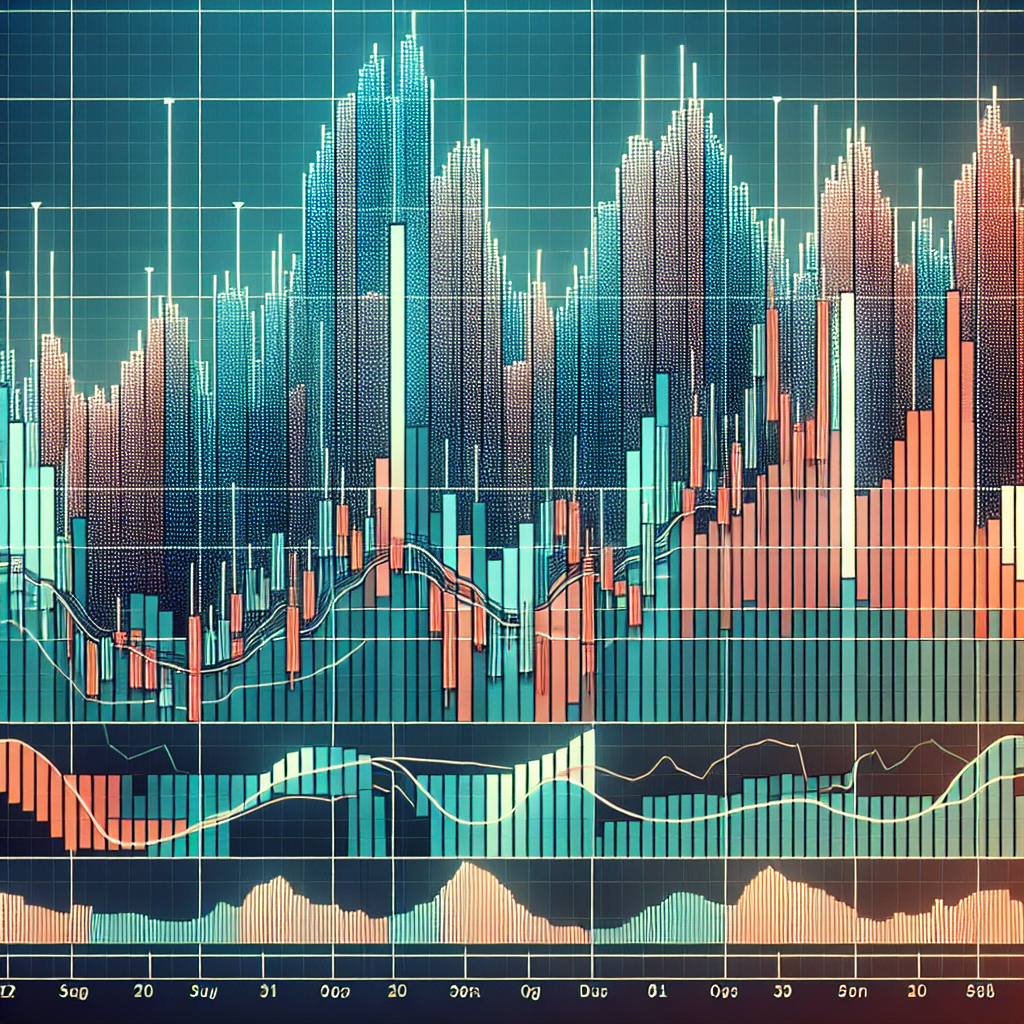
Understanding and Interpreting the MACD Histogram in Trading
Introduction to MACD Histogram
MACD, which stands for Moving Average Convergence Divergence, is a popular trend-following momentum indicator used in technical analysis. The MACD histogram is a visual representation of the difference between the MACD line and the signal line. It is used to help identify potential buying and selling opportunities in a trending market.
Components of MACD Histogram
The MACD histogram consists of three main components: the MACD line, the signal line, and the histogram.
MACD Line
The MACD line is calculated by subtracting the 26-day exponential moving average (EMA) from the 12-day EMA. This line is used to identify potential buy and sell signals.
Signal Line
The signal line is a 9-day EMA of the MACD line. It is used as a trigger for buy and sell signals.
Histogram
The histogram is a graphical representation of the difference between the MACD line and the signal line. It is used to identify potential trend reversals.
Interpreting MACD Histogram
The MACD histogram provides traders with a visual representation of the speed and strength of a trend. The histogram bars represent the difference between the MACD line and the signal line.
Positive and Negative Values
When the MACD line is above the signal line, the histogram will be above the zero line, indicating a bullish market. Conversely, when the MACD line is below the signal line, the histogram will be below the zero line, indicating a bearish market.
Size of Bars
The size of the histogram bars can provide valuable insights into the strength of a trend. Large bars indicate a strong trend, while small bars suggest a weak trend.
Signal Line Crossovers
When the MACD line crosses above the signal line, it generates a bullish signal, suggesting that it might be a good time to buy. Conversely, when the MACD line crosses below the signal line, it generates a bearish signal, suggesting that it might be a good time to sell.
Centerline Crossovers
When the MACD line crosses above the zero line, it indicates that the 12-day EMA is greater than the 26-day EMA, signaling a bullish trend. Conversely, when the MACD line crosses below the zero line, it indicates that the 12-day EMA is less than the 26-day EMA, signaling a bearish trend.
Conclusion
The MACD histogram is a powerful tool used by traders and investors to identify potential buying and selling opportunities in a trending market. By understanding how to interpret the MACD histogram, traders can make more informed decisions and potentially increase their chances of making profitable trades.


